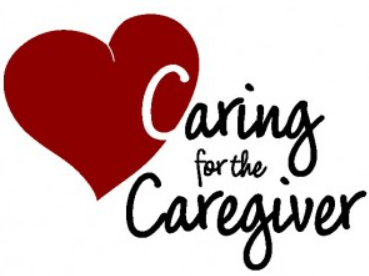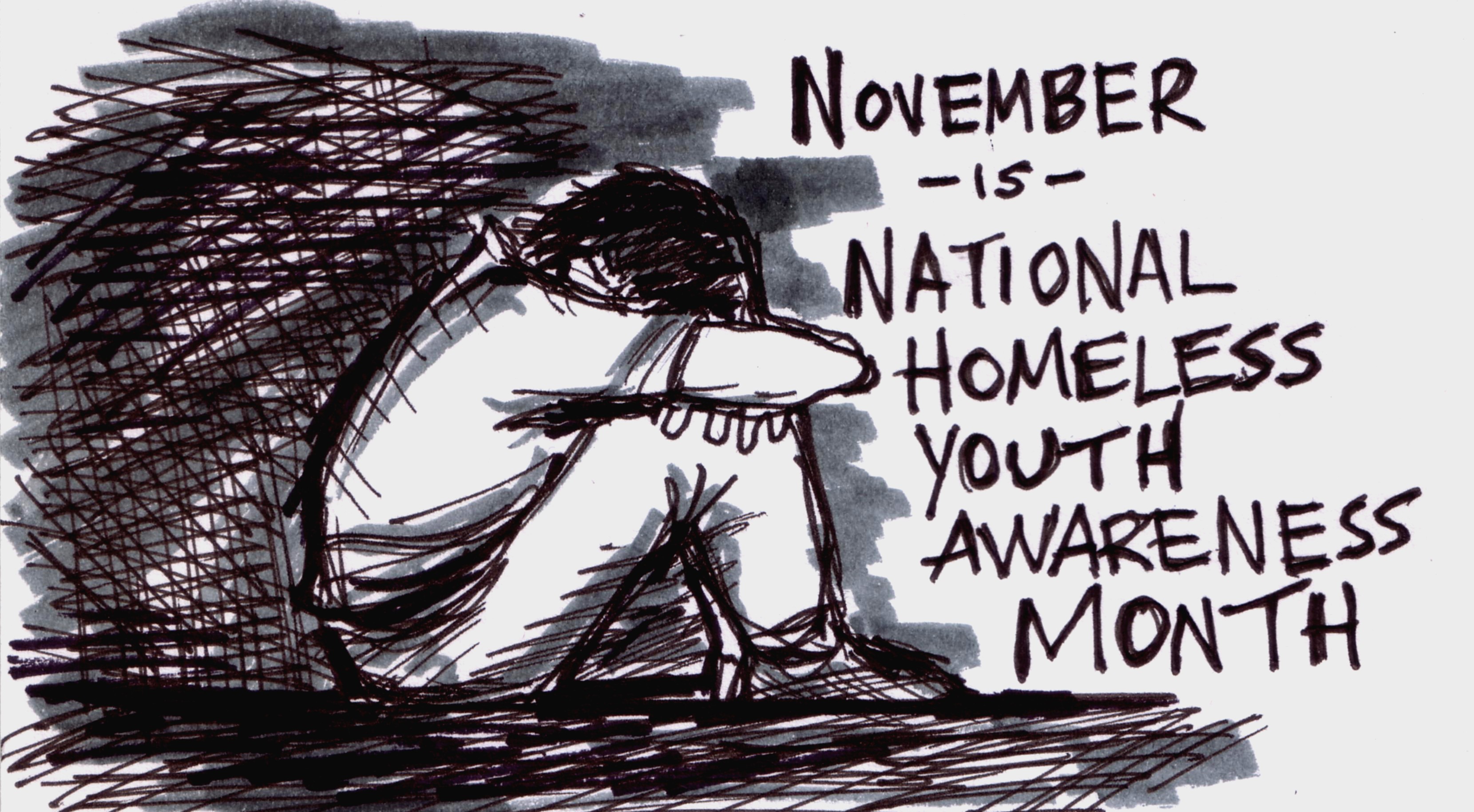Are supports groups right for me?

Support Groups can provide great comfort to family caregivers but finding the right one for you depends on many factors. Here are some things to think about when looking for a group.
What makes a support group successful?
- A safe haven for sharing true feelings
- A place to make new friends
- Information about resources and coping mechanisms
- Advice on what lies ahead
- Help in dealing with family members
Why are support groups so important?
- A caring atmosphere with trust between group members
- A clear structure and purpose
- Agreement on group rules, including confidentiality
- A good facilitator
Where to find a group
- The social work department of hospitals
- Adult day care centers
- Voluntary organizations that deal with your care recipient’s condition, i.e., TBI, Alzheimer’s disease, MS
- Area Agencies on Aging
- Your faith community
Questions to Ask
- Who sponsors/runs the group?
- Who is the facilitator?
- What is its organizing principle?
- What is the makeup of the group?
Types of Support Groups
It is important to understand the types of groups in order to select the one that is best for you:
Condition-Specific.These groups focus on a particular disease, disability, or condition. The advantage of these groups is that they provide excellent up-to-date information on the condition and available resources.
Family Caregiver. Founded on shared experience, these groups are especially appropriate if you are feeling isolated and need to have your feelings validated.
Relationship-Oriented. If you want to speak to others who are caring for a spouse, a parent, a child regardless of their condition, these groups would be good for you.
Online. These on-line forums offer the advantage of connecting with others from home, and are especially good for those in rural areas or are caring for people with rare conditions.
